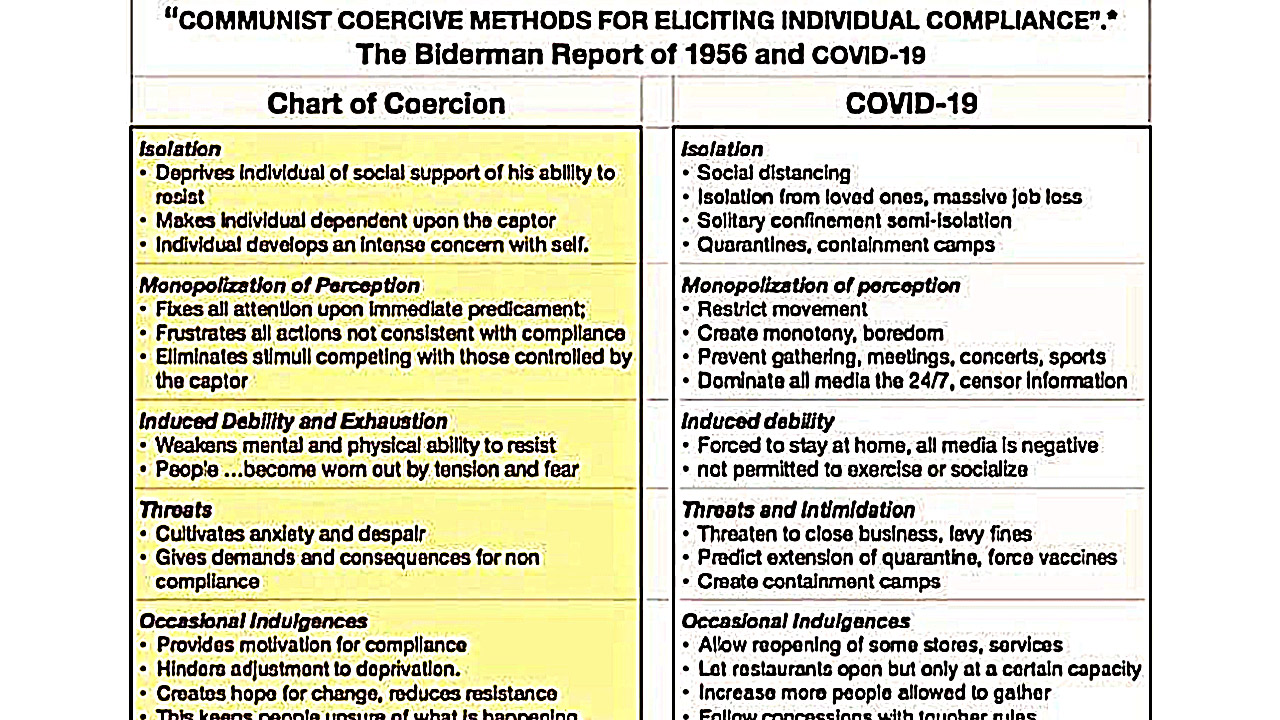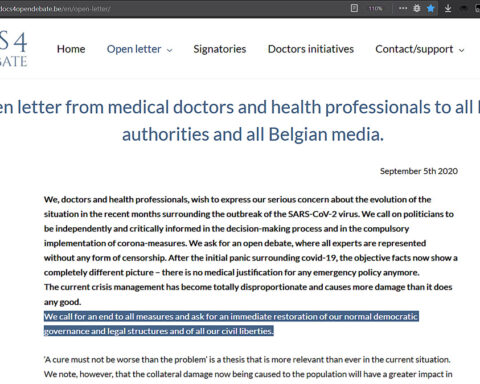Harm
Hypoxemia & hypercapnia
Hypoxemia and hypoxia is reduced oxygen levels (deoxygenation) in the blood.
Hypercapnia is increased CO2 levels in the blood.
Both are detrimental to our health and can kill when taken too far.
- Preliminary report on surgical mask induced deoxygenation during major surgery.
- The physiological impact of wearing an N95 mask during hemodialysis as a precaution against SARS in patients with end-stage renal disease.
- The Physiological Impact of N95 Masks on Medical Staff.
- N95 Respirators vs Medical Masks for Preventing Influenza Among Health Care Personnel: A Randomized Clinical Trial.
Increase in clinical illness (CI) and influenza-like illness (ILI)
- A cluster randomised trial of cloth masks compared with medical masks in healthcare workers.
Michael Gaeta talks about this study in the video at the bottom of this article.
Bacterial and fungal pneumonia
The moist mask environment is a perfect breeding ground for bacteria and fungi which are inhaled and cause lung infections.
- Predominant Role of Bacterial Pneumonia as a Cause of Death in Pandemic Influenza: Implications for Pandemic Influenza Preparedness.
- N95 Respirators vs Medical Masks for Preventing Influenza Among Health Care Personnel: A Randomized Clinical Trial.
A 4 year study on masks and respirators with 2371 health care workers and 5180 influenza season contacts which resulted in 3267 cases of acute respiratory illness. In contrast, the Milton & Rosenau study during the Spanish flu could not establish influenza was air transmissible while going to extreme lengths. The high number of acute respiratory illness is likely caused by bacterial and fungal lung infections from the masks.
Effectiveness
- Andrew Kaufman’s analysis video on new Danish study: Effectiveness of Adding a Mask Recommendation to Other Public Health Measures to Prevent SARS-CoV-2 Infection in Danish Mask Wearers [backup].
- Why Face Masks Don’t Work: A Revealing Review
- Cluster randomised controlled trial to examine medical mask use as source control for people with respiratory illness.
- The use of masks and respirators to prevent transmission of influenza: a systematic review of the scientific evidence.
- Evaluating the efficacy of cloth facemasks in reducing particulate matter exposure.
- Facemasks for the prevention of infection in healthcare and community settings.
- Evaluating the efficacy of cloth facemasks in reducing particulate matter exposure.
- Respiratory virus shedding in exhaled breath and efficacy of face masks.
- Use of surgical face masks to reduce the incidence of the common cold among health care workers in Japan: a randomized controlled trial.
- Effectiveness of N95 respirators versus surgical masks in protecting health care workers from acute respiratory infection.
- Effectiveness of Masks and Respirators Against Respiratory Infections in Healthcare Workers: A Systematic Review and Meta-Analysis.
More sources
Are Face Masks Effective? The Evidence.
Renowned medical writer Vernon Coleman‘s 111 reasons and proofs to never wear a mask.
Photo from Edward Jenner on Pexels.











I like looking through an article that can make men and women think.
Also, thanks for allowing me to comment!